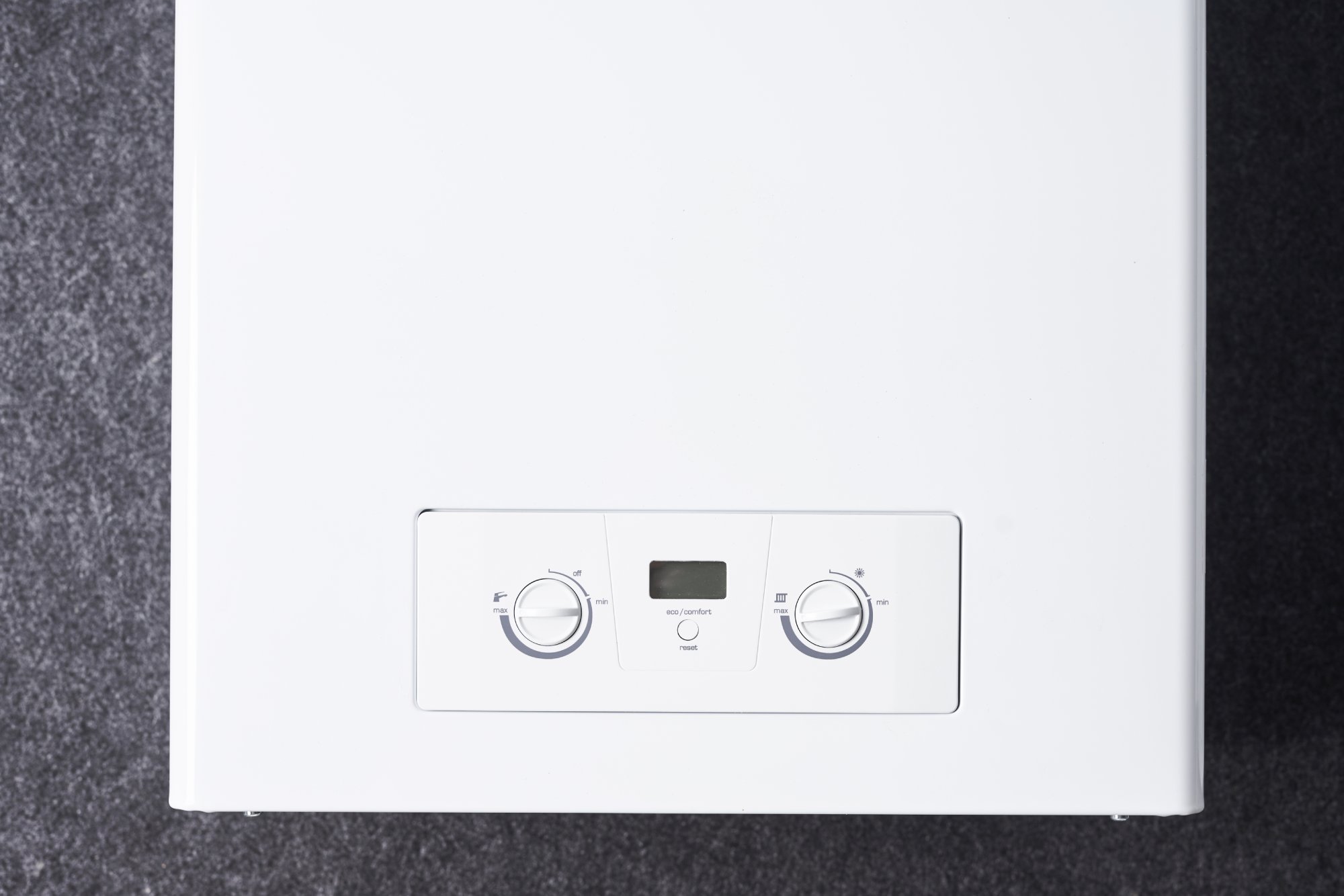Can a boiler produce carbon monoxide when switched off?
Staying warm and toasty in those chilly winters is crucial. But what happens when your trusty boiler throws a curveball, raising concerns about potential hazards like carbon monoxide (CO)? This blog dives deep into the question: “Can a boiler produce carbon monoxide when switched off?”
Understanding Carbon Monoxide:
CO is an odourless and colourless gas, making it undetectable by our senses. It’s a by product of incomplete combustion, often arising when fuel like gas doesn’t burn fully. While crucial for proper ventilation, poorly maintained appliances and blocked flues can trap CO within your home, posing a serious health risk at high concentrations.
If you suspect an issue with your boiler, consider our boiler installation services to upgrade to a safer, more efficient system. For more information, contact us on 01908 041173 or fill out our online contact form.
Can a Switched-Off Boiler Leak Carbon Monoxide?
Here’s a reassuring answer: No, a boiler cannot produce CO when switched off. Since combustion ceases when the boiler isn’t functioning, no fuel is burnt, and consequently, there’s no CO generation.
However, this doesn’t eliminate CO concerns entirely. Here’s why:
Leaking Gas: Even when switched off, a gas leak can still occur due to worn-out components, faulty connections, or pipe damage. This leaked gas can then react with surrounding air, even in the absence of a flame, and potentially generate CO.
If you’re dealing with commercial premises, our commercial gas services can help address these issues effectively. For more information, contact us on 01908 041173 or fill out our online contact form.
Faulty or Blocked Flue: A blocked or damaged flue can trap existing CO fumes from previous combustion cycles, allowing them to seep back into your home.
Appliance Malfunction: Other gas appliances like cookers, fireplaces, or even faulty generators can malfunction and leak CO, posing dangers irrespective of your boiler’s status.
If you’re unsure about your gas system, call us on 019080 41173 or fill out our online contact form.
Recognising the Signs of Carbon Monoxide Poisoning?
Early detection can be life-saving when dealing with CO. Be aware of the following potential symptoms:
- Headaches: Dull, persistent headaches are a common early warning sign.
- Nausea and vomiting: Feeling queasy or experiencing nausea can be another telltale symptom.
- Dizziness and confusion: CO can affect your cognitive function, causing lightheadedness and confusion.
- Fatigue and shortness of breath: Feeling increasingly tired and breathless, especially without exertion, can be concerning.
If you suspect CO poisoning:
- Evacuate your home immediately and seek fresh air.
- Open all windows and doors to ventilate the space.
- Turn off your boiler and any other gas appliances.
- Call the National Gas Emergency Service on 0800 111 999.
- Seek immediate medical attention, especially if you experience any symptoms.
For ongoing safety, commercial gas safety certificates are an essential step in ensuring compliance and peace of mind.
Preventing CO Risks:
Here are some crucial steps to minimise your exposure to CO:
- Regular boiler servicing: A yearly service by a Gas Safe registered engineer can identify potential issues and ensure your boiler operates safely and efficiently. Book your servicing today by calling 01908 041173 or contacting us online.
- Invest in CO detectors: Install CO alarms on every floor of your home, ideally outside sleeping areas, and test them regularly.
- Maintain proper ventilation: Ensure your boiler flue remains unobstructed and that your home has adequate ventilation to allow fresh air circulation.
- Conduct regular visual checks: Look out for any signs of damage, rust, or leaks around your boiler and gas appliances.
Remember: When in doubt, always err on the side of caution. If you smell gas or suspect a CO leak, evacuate your home immediately and contact the National Gas Emergency Service.
Summary
While a switched-off boiler cannot produce carbon monoxide, vigilance is still crucial. Leaking gas, faulty flues, and malfunctioning appliances can all pose CO threats. By prioritising regular boiler servicing, using CO detectors, maintaining proper ventilation, and being proactive in addressing any potential issues, you can significantly reduce your risk of exposure.
If you hear an unusual noise from your boiler or central heating system, call out an engineer. Leaving the issue may lead to further problems, and you could end up with more expense.
Regular servicing can also help to spot problems early. However, if your boiler is beyond repair, an engineer can advise you about installing a more economical and energy-efficient model.
If your boiler is making unusual noises or showing signs of wear, give us a call on 01908 041173 or get in touch through our website. Regular servicing can prevent costly breakdowns and keep your system running efficiently.
